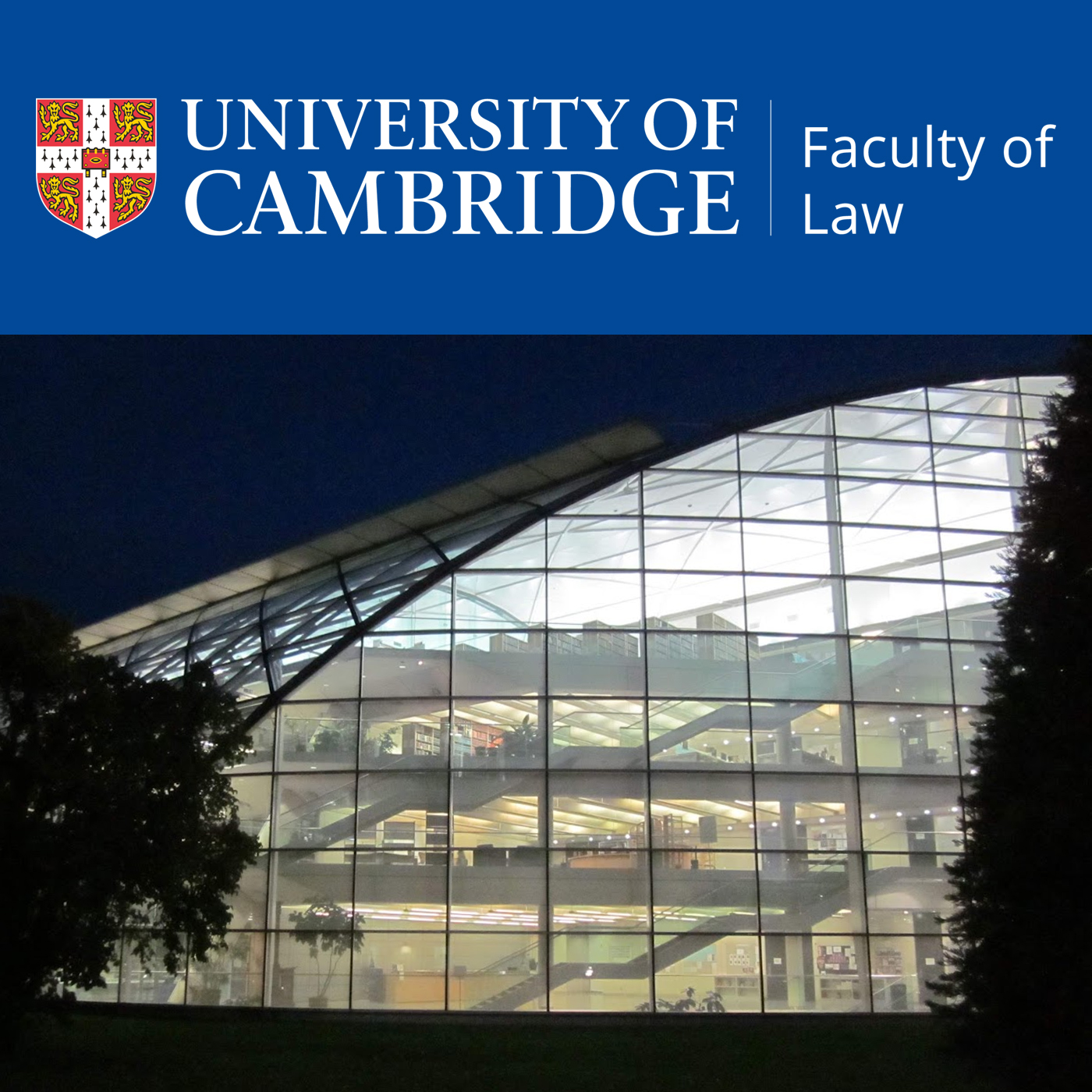CELS Occasional podcast: '#Brexit how Europe views the UK now'
Duration: 37 mins 8 secs
Share this media item:
Embed this media item:
Embed this media item:
About this item

| Description: |
In another of the CELS occasional podcast documentary series we speak to three of our academics from the University of Cambridge about the reputation of the UK now following three years of ups and downs in its #Brexit negotiations with the EU.
We ask Albertina Albors-Llorens, Professor of European Union Law; Catherine Barnard Professor of EU and Employment Law, Director of CELS and Dr Markus Gehring who teaches European Union and International Law at the Faculty of Law, if the EU is misunderstood, whether or not those misunderstandings are the result of media bias, and if the other 27 European Union members will now trust the UK in future trade negotiations. In this compelling documentary podcast you might be surprised to hear that all three of our speakers remain optimistic about the UK’s reputation in the longer term, whether or not the UK does actually #Brexit the EU at the end of 2020 under the terms of the Prime Minister Boris Johnson’s new Withdrawal Agreement which did pass through parliament with a majority of 30 but which has not yet had its second reading, and will not be voted on again until after the General Election in December should Johnson and his government stay in power. Professors Albors-Llorens and Barnard and Dr Gehring, point out that three years on there is now much more understanding of the UK’s relationship with the EU, which mitigates attempts to portray it as an institution that has taken control away from UK citizens, as happened in the prelude to the June 2016 Referendum. But that the media still divides right left on how it headlines the various #Brexit negotiations, votes in Parliament, and subsequent court battles, sometimes referring to Remain supporting MPs as “traitors” or “enemies of the people” and as the Benn Act,which stopped Johnson and his government taking the UK out of the EU on the 31st October 2019 with a no-deal Brexit, as the “surrender Bill”. The terms of the new Johnson Agreement have raised concerns, particularly on environmental protections and workers’ rights, but as Dr Gehring points out “co-operation with our EU neighbours” will remain important. Professor Barnard says that while there has been criticism of the media, it now has many more fact checkers than before. Professor Albors-Llorens says that as someone who came to the UK from Spain she has always loved this Country and remains an optimist about its future. Political rivalries and alignments have never been so bad tempered or fractured making the outcome of the General Election on December 12th 2019 hard to call, even by the pollsters, but the UK’s links with the EU have historically largely been positive and that bodes well for future relationships going forward, when all the 27 EU countries will be able to vote on future trade deals or block them. However, our three academics raise concerns about future court battles here and in Europe as the terms of trade are worked out. Key quotes: Professor Albors-Llorens: "The EU has not been transparent enough about some of its processes and I think that has been a problem. It’s quite sad that following the Referendum people seem to be much more informed about EU law than they were before because people are now better informed. There has been a lack of engagement and a lack of transparency and I think the EU also recognises that is a problem." Professor Barnard: "I think it is quite common for national governments to claim credit for the good things that come out of the EU and to blame the EU for the bad things that they know they have to implement. There’s been a failure to communication on the EU’s side but also a failure to communicate on the UK’s side. There is a misunderstanding about the role of the ECJ (European Court of Justice) but it is a referee and in any sport competition you need a referee to know the rules of the game are being complied with. That has been to the UK’s benefit." Dr Gehring: "It is much harder for the media to just splash out headlines that now the general population will understand as completely false. I have not read in the media over the past 12 months that there are faceless bureaucrats’ making rules for all of Britain when that used to be a staple in the British media. There is now much more differentiation and that is quite a positive development. But we are not by and large reading the full reports, however fact checking has become more common in the British media." |
|---|
| Created: | 2019-11-22 12:31 |
|---|---|
| Collection: |
Faculty of Law general events MOVED
Cambridge Law: Public Lectures from the Faculty of Law MOVED |
| Publisher: | University of Cambridge |
| Copyright: | Mr D.J. Bates |
| Language: | eng (English) |

